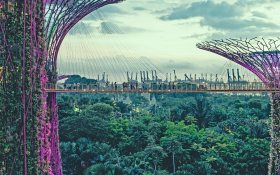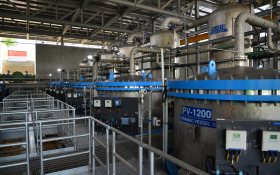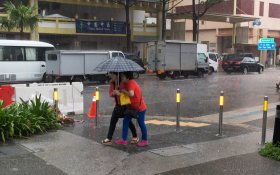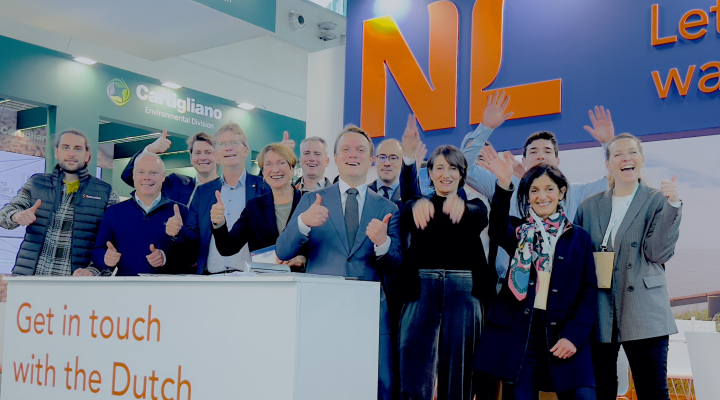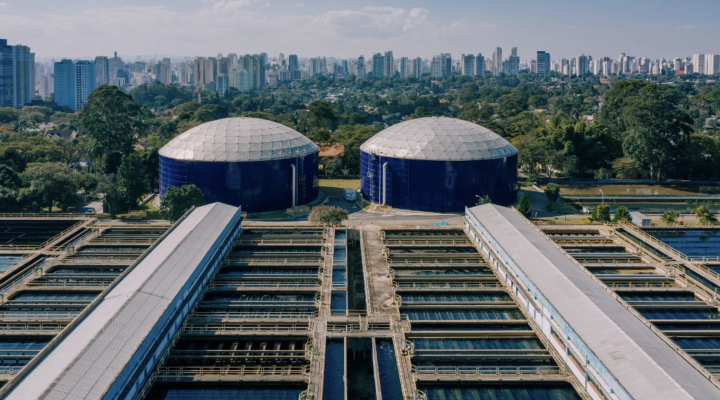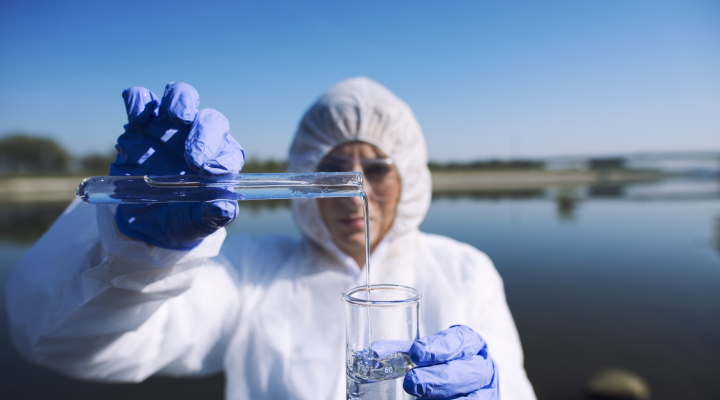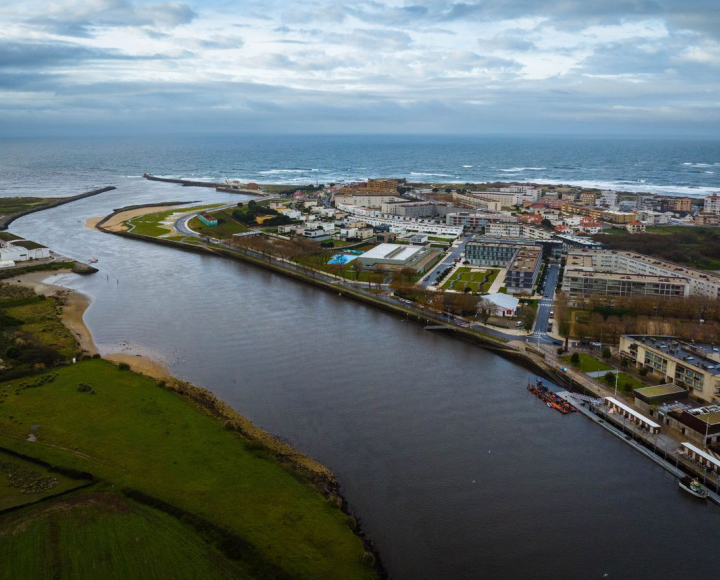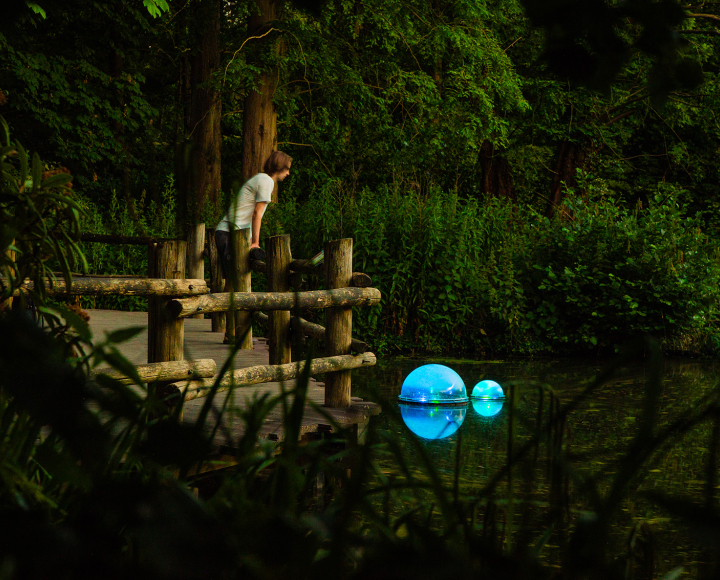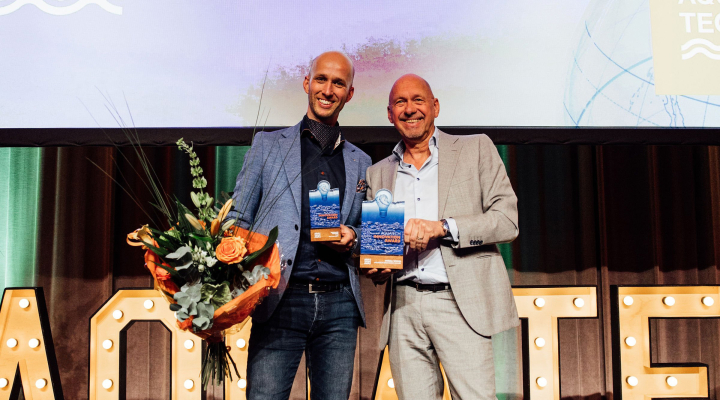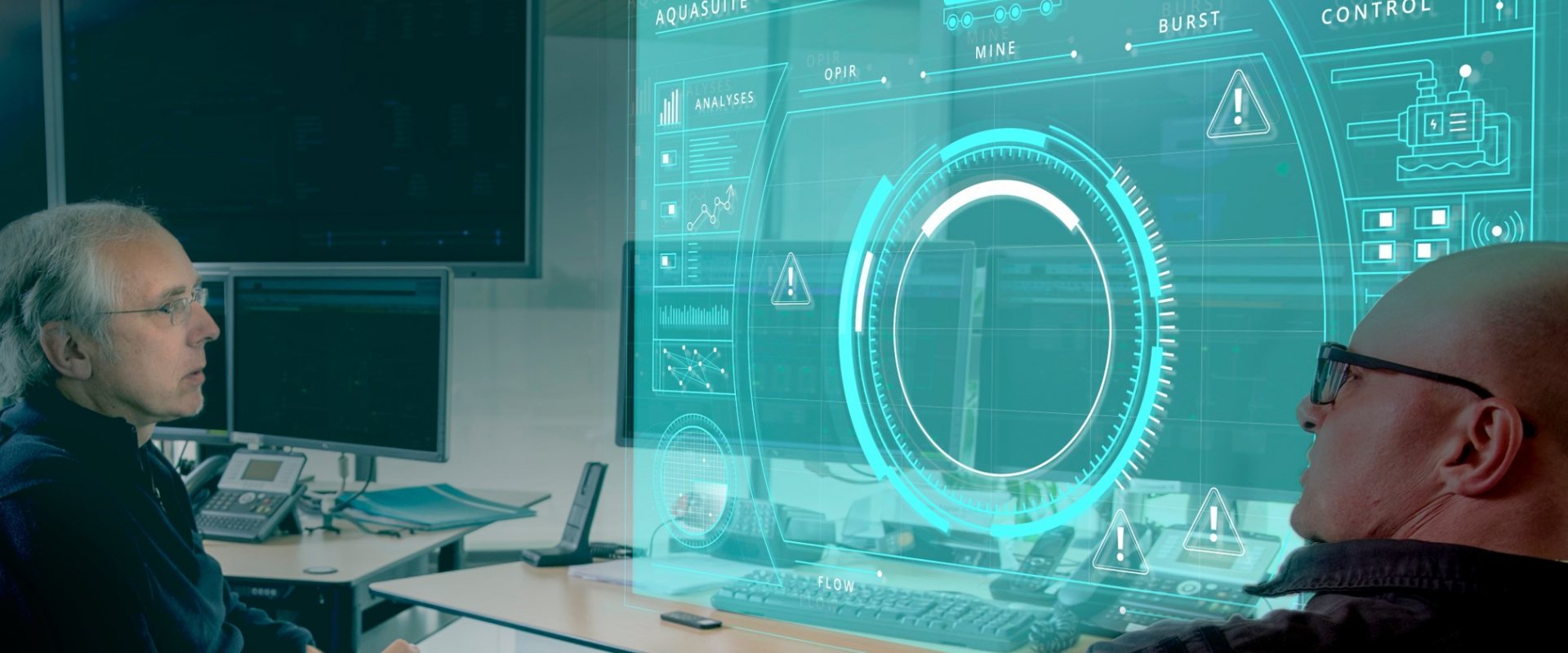
SIWW2021: Fast developments in digitalisation of water supply services
Many sessions of the Singapore International Water Week addressed the issue of digitalisation to optimize the efficiency of water utilities.
Many cases of process automation and preventive maintenance were presented, showing the fast implementation of new technologies by the water supply sector.
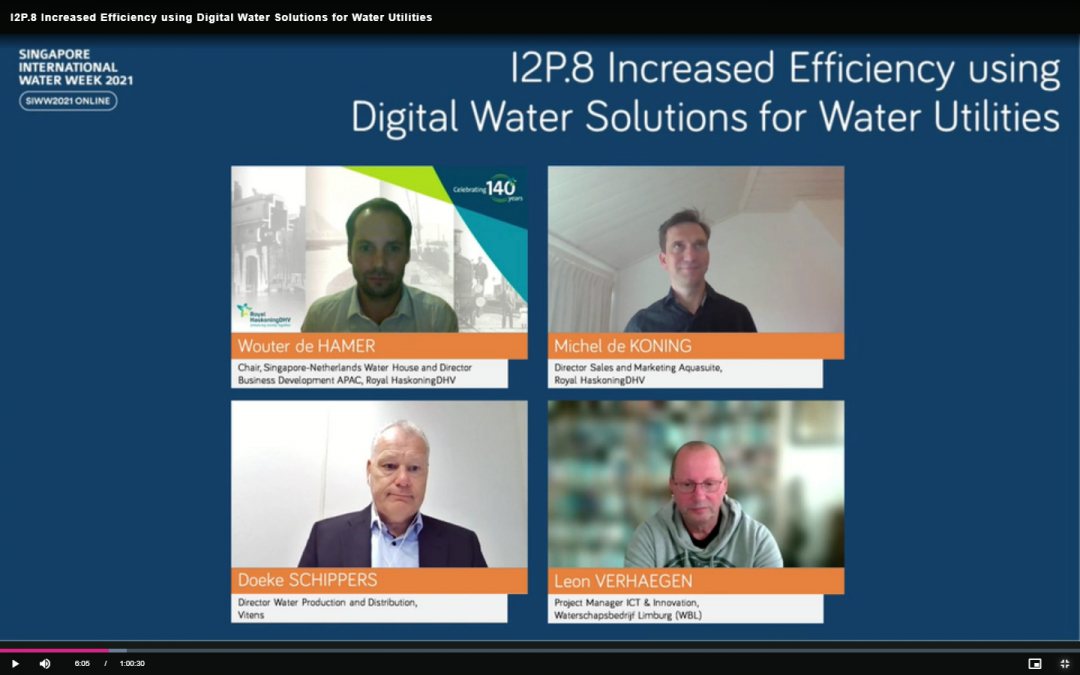

More remote control
Spurred by the travel restrictions because of the Covid-19 pandemic, remote control of water treatment plants is picking up quickly. The process automation goes hand-in-hand with the ability to optimize the control of the treatment process, as well as the distribution and collection systems.
The cases presented at the Singapore International Water Week (SIWW) illustrate that digitalisation can help water utilities to respond more quickly to changing circumstances, such as changing weather patterns, growing water demand, limitations on water resources and energy reduction.
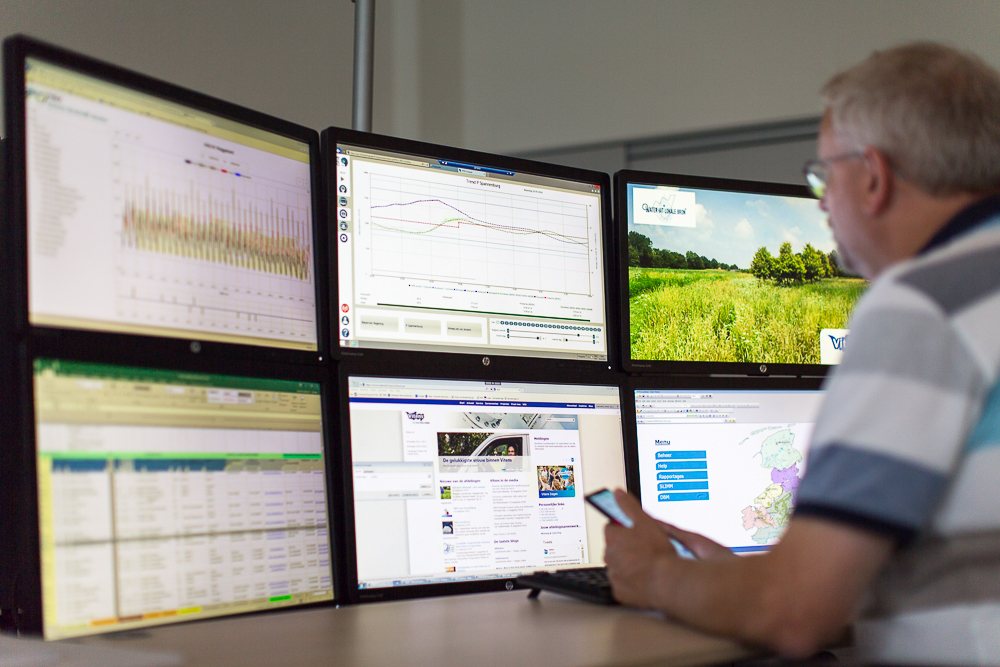

A virtual operator
One session was organised by Netherlands Water Partnership and Embassy of the Kingdom of the Netherlands in Singapore and focused on experiences with the Aquasuite software platform, developed by Royal HaskoningDHV and Eventlab, online sensors developed by Optiqua. Both products are under further development in close cooperation with PUB, National Water Agency of Singapore.
Michiel de Koning, director sales Aquasuite at Royal HaskoningDHV explained the functioning of the platform. ‘We like to refer to Aquasuite as the virtual operator that consists of two parts’’, he said. ‘It has an autopilot function that optimises real time operation and an analysing function that analyses all datasets to give the insights that operators and managers require. It has been developed to serve companies and organisations across the whole water sector, for water management, drinking water supply and waste water treatment'.
De Koning added that Aquasuite also features a digital twin function for the whole water cycle. It allows for programming real circumstances and simulate and study potential efficiency improvements in a virtual world.
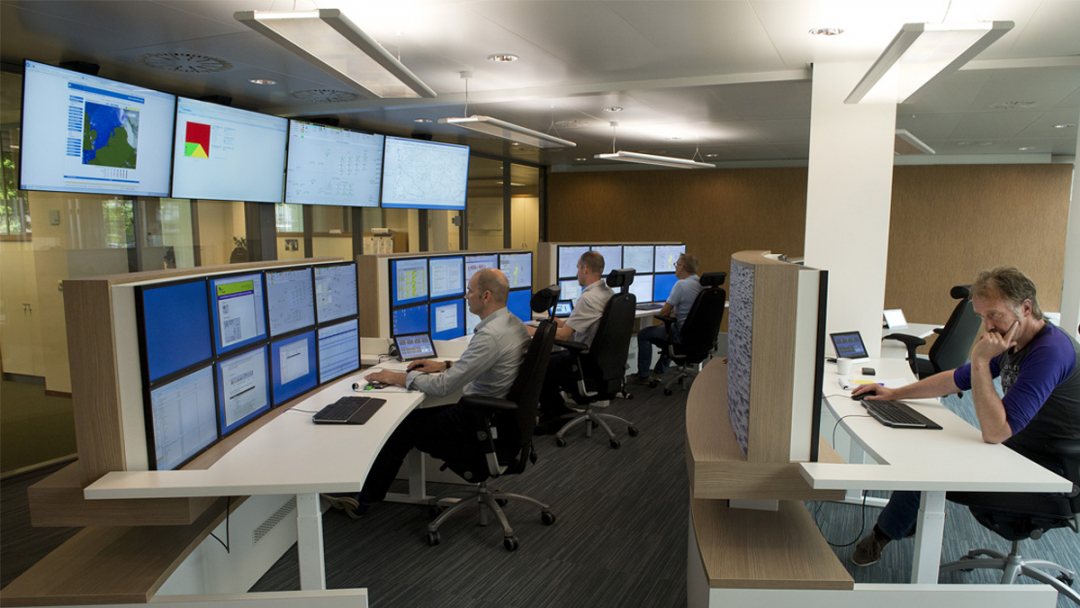

Cloud computing
During the session, Leon Verhaegen, project Manager at Dutch waste water utility Waterschapsbedrijf Limburg highlighted the use of Aquasuite for the daily operations of its 17 waste water treatment plants and 149 sewage pumping stations. ‘We want to become a fully data driven organisation, fully operational in the cloud. This includes our datacentre and our maintenance as we want to be more flexible and use the latest pre-configured software available. For automation of operations and artificial intelligence we selected Aquasuite as a standardised data platform.’
According to Verhaegen his utility and RoyalHaskoningDHV are now working on a digital twin of the sewer system that feeds the waste water treatment plants. ‘We know our current models differ from reality. The models use straight, clean pipes. We will feed real time data on rainfall and behaviour of the system to further improve our models.’ Verhaegen anticipates this will take several years.
Less peak moments
Aquasuite is also at the hearth of the data platform of Dutch drinking water supplier Vitens. For ten years, the platform has collected and analysed datasets for its day-to-day operations, using Aquasuite OPIR control to predict the water demand and to adjust production and distribution of the drinking water accordingly.
During the session Doeke Schippers, Director Water Production at Vitens presented the results of the digitalisation, including a 10 percent less energy consumption and upto 20 percent improvement of the water quality. ‘We managed to stabilise our production with less peak moments.
This resulted in less pressure problems and less leakages.’ According to Schippers the costs of implementing Aquasuite had a return of investment of three years.
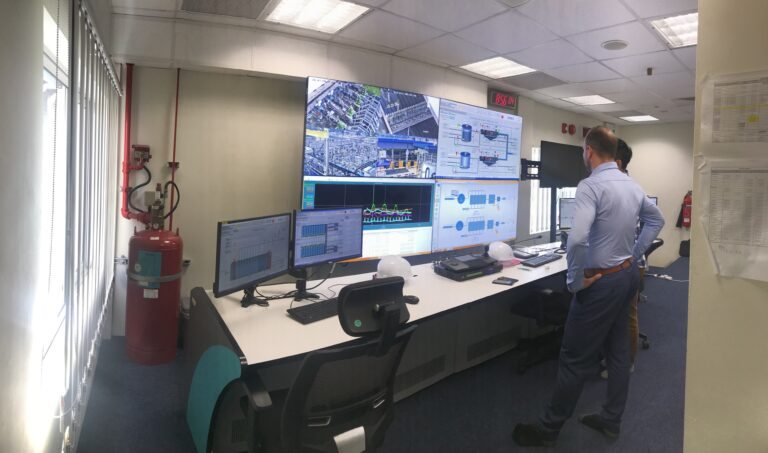

New algorithms
Last year Royal HaskoningDHV and PUB Singapore signed a memorandum of understanding to explore the possibility of Aquasuite as part of the digitalisation strategy of the national water utility. PUB already uses the Eventlab real time water quality sensors developed by Optiqua which are the same sensors used in the Netherlands by Vitens. Optiqua Director Jan-Willem Verhoef explained that the software of the Eventlab sensors are updated with new algorithms to recognise changes of the water quality in the drinking water distribution systems. The software links these changes to possible causes and locations of pollution, leakages or pressure losses.
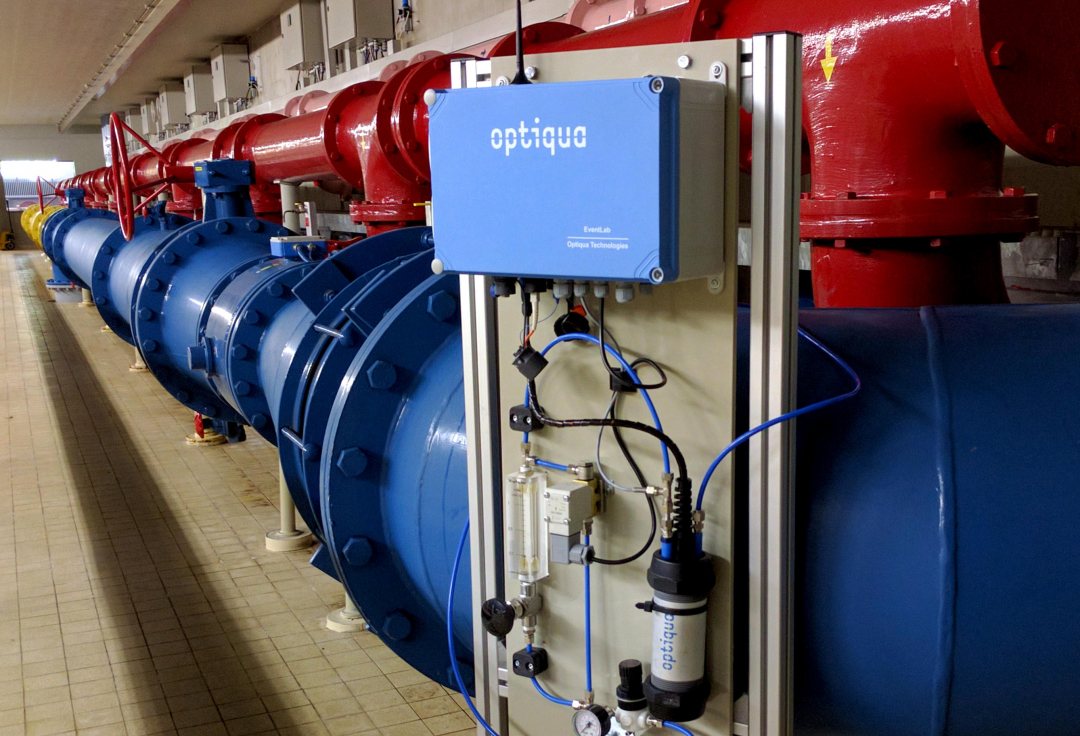

Tracing illegal discharges
Chief engineering officer, Chee Meng Pang at PUB, National Water Agency Singapore spoke about the progress his company makes on digitalisation. He mentioned the fully automated control of the membrane bioreactor at Ulu Pandan wastewater treatment plant. ‘The automated process control leads to less production of ammonium and resulted in a 15 percent reduction of the energy use', he said.
Pang was also pleased with the results of the Eventlab sensors that enables to better detect organic contaminants in the whole production and distribution system. He also told about a plan to install 100 sensors around the whole state that will allow the immediate detection of illegal discharges of heavy metals. This is extremely important to PUB as it intends to close the water loop and use more surface water from its inland water reservoirs. PUB introduced Aquasuite for generating predictive insights and improvement of the performances of its treatment plants using artificial intelligence.
The Singapore International Water Week 2021 took place online from 21 June till 2 July and included some 120 webinars and a virtual exhibition with some 30 companies and organisations.




